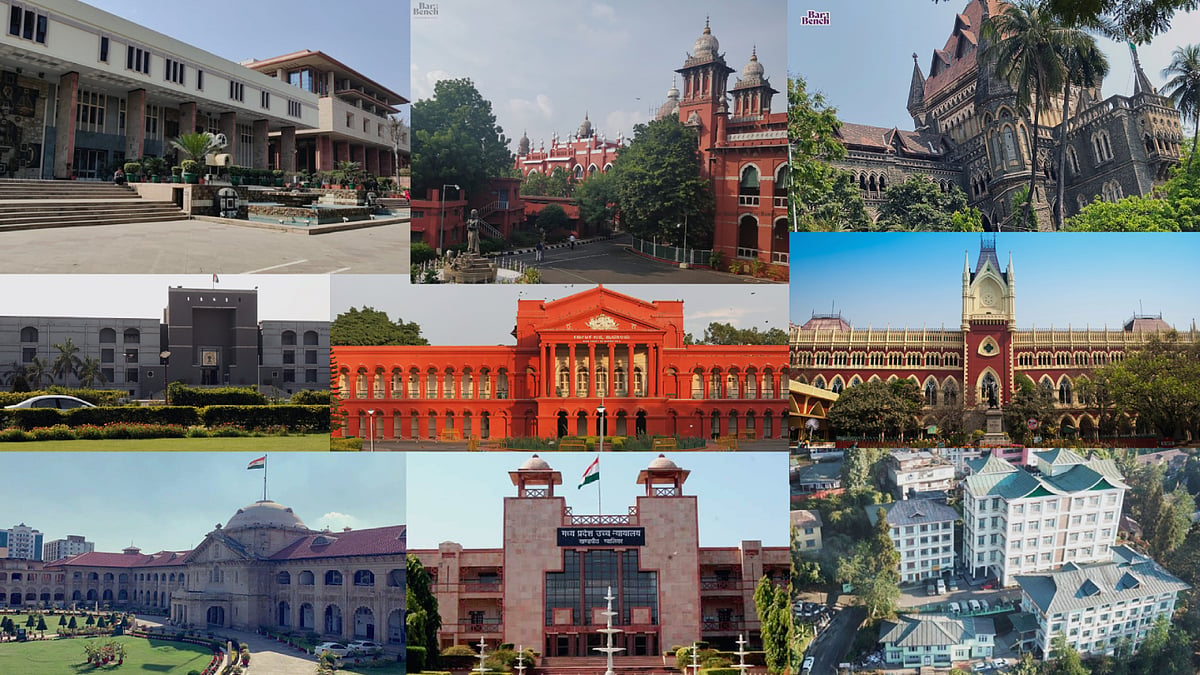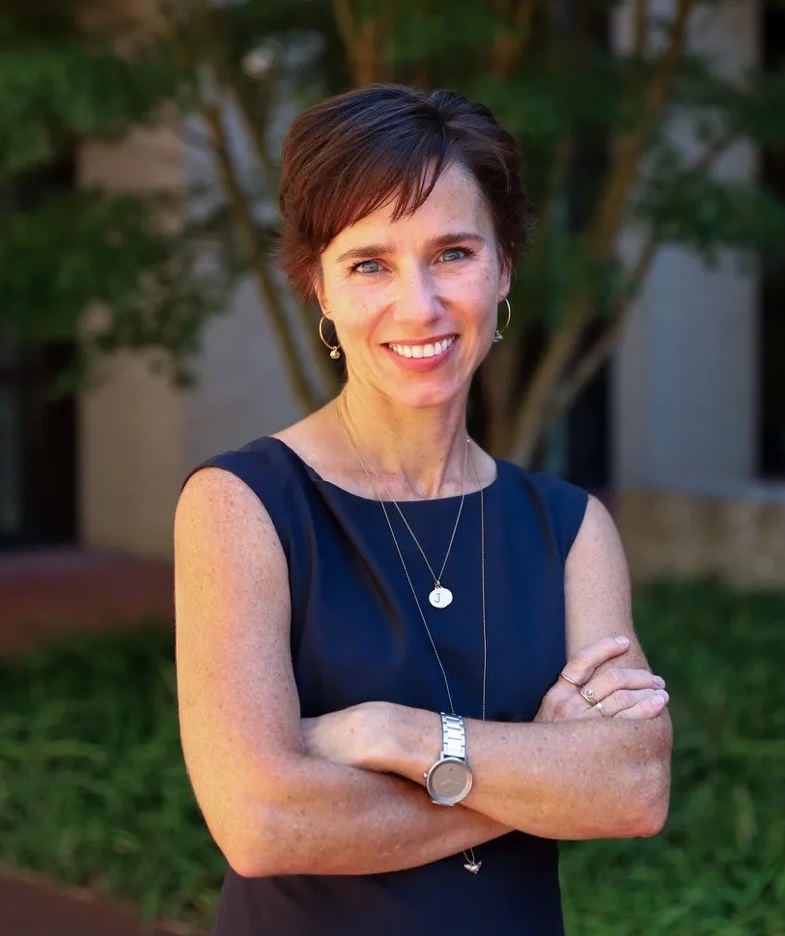
Litigation News


Criminal Law
Federal prosecutors have charged 26 people in a betting ring involving NCAA and Chinese Basketball Association game fixing. (Shutterstock image)
Federal prosecutors have unveiled a betting ring involving NCAA and Chinese Basketball Association game fixing, charging 26 people, including current and former college basketball players.
The case involves gamblers placing bets and bribing players with large cash payouts for underperforming during a game, even texting players pictures of stacks of money if they complied. U.S. Attorney David Metcalf said the investigation is ongoing and shows a “significant corruption of the integrity of sports,” according to coverage in APNew.com.
The overall conspiracy includes 39 college basketball players and 17 teams in over 29 Division I games, according to the indictment, which names former NBA player Antonio Blakeney with having a role in the scheme. In 2022, Blakeney played with the Jiangsu Dragons in the Chinese Basketball Association when the college scheme began, according to the New York Times. Players listed in the recent indictment include Kennesaw State’s Simeon Cottle, Eastern Michigan’s Carlos Hart, Delaware State’s Camian Shell and Texas Southern’s Oumar Koureissi.
Write a letter to the editor, share a story tip or update, or report an error.

Juries
A Los Angeles judge has prohibited social media companies from knowing the identities of jurors in first social media addiction trial. (Shutterstock image)
A Los Angeles judge has ordered social media companies be prohibited from knowing the identities of jurors in the first-ever trial accusing the platforms of addicting adolescent users.
According to Los Angeles Superior Court Judge Carolyn Kuhl, the jurors’ names would be revealed only to lawyers in the trial and not defendants Meta Platforms (Facebook), ByteDance (TikTok), Google (YouTube) and Snap Inc. (Snapchat). “Counsel cannot share the identity of jurors with their clients,” Kuhl wrote in a tentative order this week, according to reports in Law.com.
The Jan. 27 trial, which alleges media companies’ reliance on adolescent users and the link to mental health issues, is of “substantial media interest.” The defendants are represented by Sabrina Strong, of O’Melveny & Myers in Los Angeles, and Mike Imbroscio, of Covington & Burling in Washington, D.C., who questioned some of the language in Kuhl’s tentative order.
Write a letter to the editor, share a story tip or update, or report an error.

Law Schools
Emily Suski. (Photo Courtesy of University of Arkansas)
The University of Arkansas has reversed its decision to hire Emily Suski as its new law school dean for reportedly joining a group of other law professors in filing an amicus brief at the U.S. Supreme Court in support of transgender student athletes.
The University of Arkansas, which announced Suski’s new role on Jan. 9, said on Wednesday that it was moving in a “different direction” after receiving “feedback from key external stakeholders about the fit between Professor Suski and the university’s vacancy,” according to Law360.
State Rep. Nicole Clowney, a Democrat, said in an Instagram post that after the university announced it would hire Suski, “a few state legislators along with at least one constitutional officer became aware” of Suski’s involvement in the amicus brief. This “alerted Arkansas elected officials that Prof. Suski may share different political views than they do on this one issue,” she also said in the post.
The Supreme Court is currently considering challenges to West Virginia and Idaho laws that ban transgender participation in sports. Suski, along with 16 other law professors from such universities as Columbia Law School and Georgetown University Law Center, filed their amicus brief in the case in November, Law360 reports. Prior to her hiring at the University of Arkansas, Suski was a law professor and associate dean at the University of South Carolina Joseph F. Rice School of Law.
The University of Arkansas did not immediately respond to Law360’s request for comment but said when announcing the job recission that university officials “continue to hold Professor Suski in high regard” and “wish Professor Suski well as she moves forward with her career.”
Holly Dickson, executive director at the ACLU of Arkansas, weighed in on the situation, contending that the University of Arkansas decided against hiring Suski “not because she was unqualified, but because she exercised her First Amendment rights in a court of law.”
“That is not just wrong,” Dickson also said, according to Law360. “It is unconstitutional.”
Write a letter to the editor, share a story tip or update, or report an error.


Landlords & Tenants
An Idaho lawyer who had been fighting with his homeowners association over his “elaborate holiday displays” said he’s using the money that he received during mediation for even more Christmas cheer in his new home.
An Idaho lawyer who had been fighting with his homeowners association over his “elaborate holiday displays” said he’s using the money that he received during mediation for even more Christmas cheer in his new home, according to a report by Fox News.
Jeremy Morris, also known as the “Christmas Lawyer,” said this year’s decorations will feature camels, choirs, 14 Christmas trees and an indoor winter wonderland.
Morris’ extensive Christmas celebrations began in 2014, when hundreds of families showed up to his house to celebrate Christmas and raise money for children with cancer, according to Fox News.
When he moved to the family’s “dream house” just outside the city of Hayden in Kootenai County, Idaho, the following year, he called the president of the HOA to tell him about his planned display for the following Christmas, according to Fox News.
At that point, one West Hayden Estates HOA board member questioned whether neighborhood atheists might be offended by the display and whether “riff-raff” might be drawn to the neighborhood, according to Fox News. When Morris started decorating the house with about 700,000 lights, the HOA’s lawyer sent a letter to remove them.
Thus began a protracted legal battle between Morris and the HOA that resulted in a $75,000 jury verdict for Morris and landed briefly in the U.S. Supreme Court before heading to mediation, according to the report. Morris said the settlement was more than the jury verdict, according to Fox News.
Morris told Fox News that he was using the settlement money to buy “a lot of Christmas lights.” Morris said while his family still owns the home in Idaho, they have since moved “east due to death threats,” according to the report.
Write a letter to the editor, share a story tip or update, or report an error.